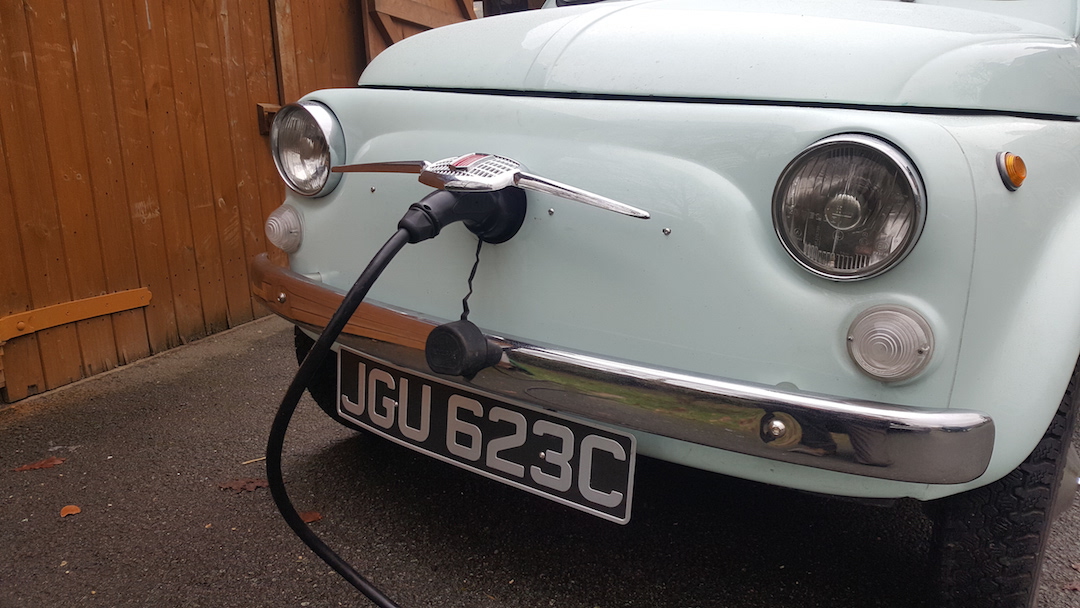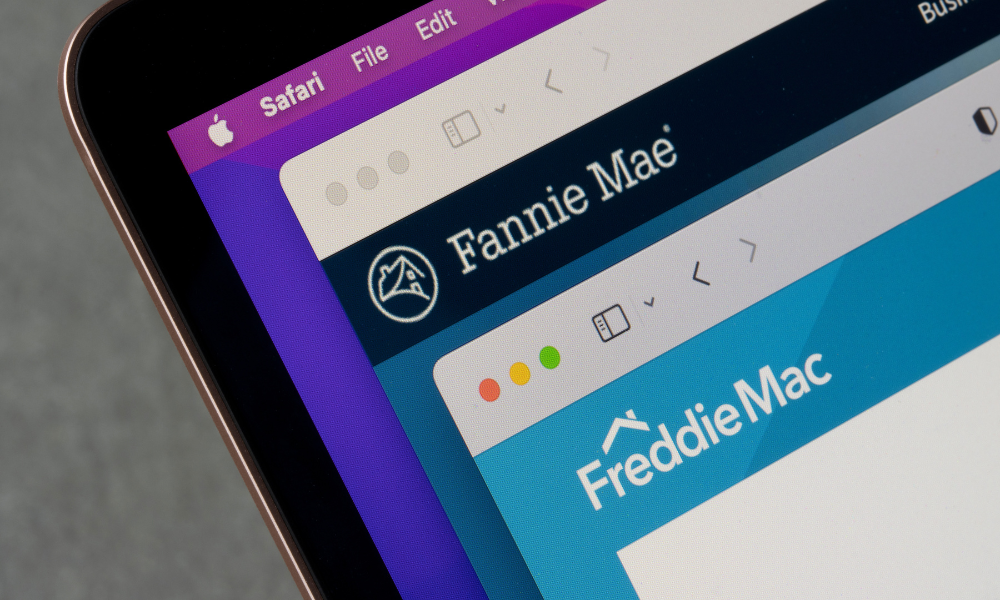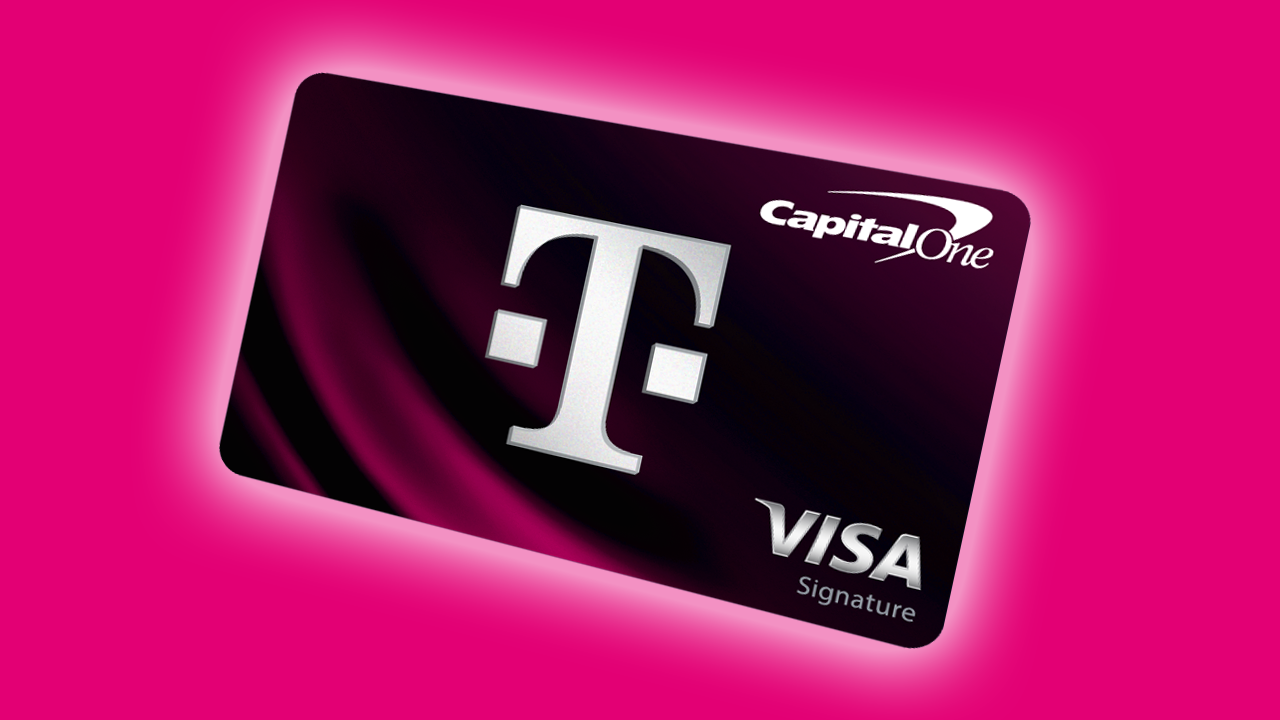They seem to be the vehicle type on everybody’s lips, but have you been considering an electric car? Or maybe a classic car? Or maybe a combination of the two?
A classic car converted into an electric one can offer you economical motoring in a retro package, but how much would such a solution actually cost? We run through that, and more, in this guide.
Why would someone convert a classic car to electric?
Firstly, having a clearer conscience while you drive your favourite car is never a bad thing. Even the most passionate motorheads know the environmental impact that cars can have, so an electric car is a way for you to contribute towards a greener planet.
As well as more economical motoring, an electric conversion will usually improve the acceleration and potential top speed of a classic car.
Engineers are able to get a better weight balance in the car too, by placing batteries front and rear giving better drivability. The maintenance costs will be reduced too, as there are fewer moving parts.
It’s an appealing mix. The electric car conversion industry sees a wide range of people of all ages showing interest in classic EVs. It claims to get people interested in classics that might previously have been put off by trying to maintain an old Internal Combustion engine (ICE). Furthermore, some classic car lovers are learning to embrace alternative technology to keep their beloved vehicles drivable in the modern age.
Should you convert a classic car into an electric one yourself?
It’s possible you could attempt the conversion yourself if you had enough experience, training and know-how, but getting it wrong is incredibly dangerous and so it’s best to get the conversion done by a reputable company.
We’ve featured vehicles from some such companies over on Influx, from diminutive cars like a classic Mini and a Fiat 500, up to supercars like the Porsche 911. But is there a way to try and calculate the cost of these conversions?
It’s not an easy thing to do, but Jon Peck from Electric Classic Cars (ECC), the creator of two of the aforementioned cars, gave us a great insight about the process and what’s possible – and plausible – as well as some idea about the costs involved.
A lot of the cost will come from the donor vehicle itself and any restoration work needed, but Jon advised us (slightly hesitantly) that any classic car could be considered for conversion, so you can try to keep that in mind when working out your overall budget.
As the cost of the donor vehicle can range massively depending on condition, type of car etc. it’s probably fair if we just consider the cost of the conversion itself.
The costs involved with converting your classic car to electric
Firstly, you’ll want to consider; how do you get the extra parts? Where do the motors, batteries etc come from? What do they cost?
As an alternative solution, a popular source is insurance write-offs – currently mostly Teslas. ECC uses a variety of batteries, a mix of new and recycled batteries for the EV market, manufactured by Tesla and LG Chem.
MOTs are generally unaffected but radically altered vehicles will need one. Most of the classics ECC do are MOT exempt as they perform one on all of their cars beforehand. Obviously, they won’t need an emissions test, as there are no exhausts.
Typically the conversion company does not interfere with the chassis or structural integrity of the car either so there’s no need for an IVA test, just a registration with DVLA of the change to an electric drive unit.
Let’s start looking at the basic costs for all this to happen. According to ECC, a Fiat 500 conversion would cost around £40,000 if you provide the vehicle yourself – including parts and labour.
Some companies may be able to offer cheaper conversions than ECC, but this is the cheapest conversion that they could do.
If you want more than a basic Fiat 500 conversion, then you could easily spend £75k to over £150k for bigger cars with higher performance and longer range. This will depend on size, performance, battery pack size and power, amongst other things like air conditioning, power steering and suspension upgrades.
Don’t forget there are savings to be made, though. According to research by ECC, the fuel cost can be reduced by up to 17 times if you use the right overnight tariff and have home solar power. Even without this, the fuel cost is reduced by up to five times that of petrol or diesel. If you live in a city with restrictions based on emissions, too, you could save even more. And for vehicles that wouldn’t have been VED-exempt, there’s savings there, too.
Let’s put that ‘17 times’ into context. At Adrian Flux, we often see classic car policies for cars that do around 5,000 miles per annum. Doing those miles in a classic car (like the Lancia Fulvia that ECC converted) would set you back around £1,060 (based on 29MPG and petrol at £1.34 per litre = £6.14 per gallon). This annual cost could drop to just £240 – meaning over £800 would be saved in one year on fuel alone (this is based on an average 24p/kWh charging cost and this saving can increase using cheaper overnight tariffs).
Finally, after converting the car to electric you’ll probably end up with a pile of parts you no longer need – engine, exhaust etc. These parts often have used value (but again this varies greatly depending on the car and condition) and selling them on could help offset some of the cost of the conversion.
In summary, the cost starts from just over £40k (depending on factors we have mentioned above) – but with years of savings ahead of you, that cost is much lower in real terms.
Get insurance for your converted classic car
If you’ve decided to convert your classic car, you’ll need modified car insurance. Adrian Flux can help you find a policy that works for you and your needs.
And if you’ve decided to convert your classic motorbike to electric, speak to our sister company Bikesure for more information.
Call us on 0800 369 8590 for a quote or book a callback at a time that suits you.
Publisher: Source link











